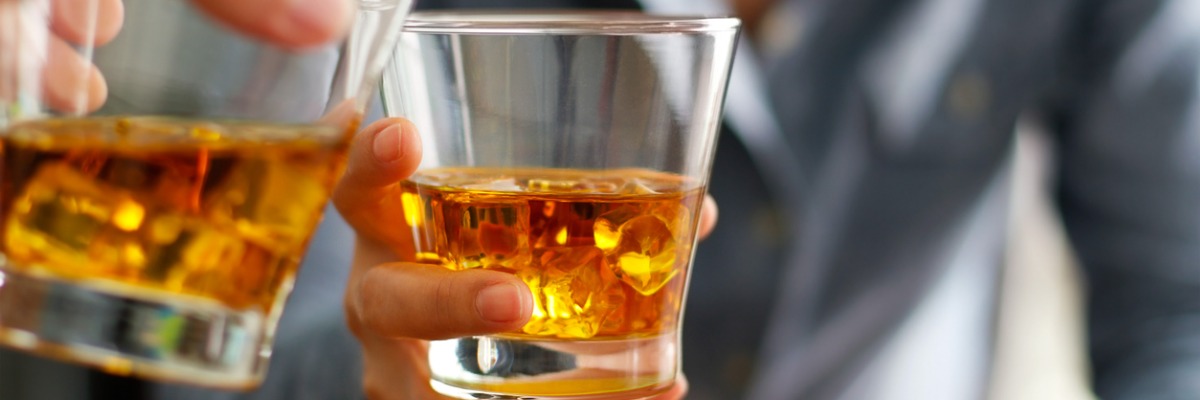The Possible Connection Between Alcohol and Hormones

Sponsored by the National Council on Alcoholism and Drug Dependence (NCADD), Alcohol Awareness Month was founded in 1987 to raise awareness about drinking and its dangers. While having a few glasses of wine with your friends on the weekend is usually harmless, regular, significant alcohol consumption may lead to severe health problems.
Some notable statistics on alcohol use include:
- An estimated 95,000 people die every year from alcohol-related causes.
- Nearly 15 million people ages 12 and older have an alcohol use disorder (AUD) in the United States.
- In 2019, only 7.2% with AUD received treatment.
- In 2019, 10,142 deaths were due to alcohol-impaired driving fatalities.
- In 2019, 25.8% of people 18 and older engaged in binge drinking in the last month.
- In 2010, alcohol misuse cost the United States $249 billion.
- Two in three drinkers report drinking above moderate levels at least once a month.
CDC Recommendations for Alcohol Consumption
If you choose to drink alcohol, it’s essential to do so responsibly. The Centers for Disease Control and Prevention (CDC) recommend that men consume no more than two alcoholic drinks per day and women have no more than one each day. Additionally, the CDC advises against drinking if you’re pregnant, trying to conceive, or under the legal age.
How Alcohol Affects the Body
Alcohol consumption can impact every aspect of the body, including the following:
- Brain: alcohol interferes with the brain’s communication pathways, altering mood, behavior, cognitive ability, and coordination.
- Heart: alcohol can damage the heart, leading to hypertension, stroke, arrhythmias, or cardiomyopathy.
- Liver: can cause fat to build up in the liver, leading to inflammation and scar tissue, impacting your liver’s function.
- Pancreas: alcohol increases your risk of pancreatitis, a potentially fatal pancreas inflammation.
How Alcohol Affects Your Hormones
Not only can alcohol have significant effects across your organs, but alcohol consumption can also influence your hormones, particularly your sex hormones. Alcohol consumption elevates levels of sex hormone-binding globulins (SHBG), which bind to sex hormones like:
- Testosterone in males
- Dihydrotestosterone (DHT) in males
- Androstenedione in males
- Estradiol in females
- Estrone in females
Produced in the liver, SHBG regulates the availability of sex hormones and carries them through the bloodstream. Alcohol consumption is associated with higher levels of SHBG, which can lead to a number of unfavorable symptoms in both men and women. In men, high SHBG symptoms may include:
- Decreased sex drive
- Lower sperm concentration and motility
- Reduced testicle size
- Less bone and muscle mass
- Breast growth
- Hot flashes
- Decreased body hair
- Less motivation and energy levels
- Impotence
In women, it may cause:
- Decreased sex drive
- Vaginal dryness
- Irregular or absent periods
- Memory loss
- Less bone and muscle mass
- Increased depression and anxiety
- Lack of energy
- Reduced wellbeing
You can determine if you have elevated levels of SHBG through a blood test, which may be used if your sex hormone imbalance is not paired with changes in blood concentration.
Balance Your Hormone Levels With Hormone Therapy
Drinking alcohol and several other lifestyle factors may lead to disrupted hormone levels in the body. If you are ready to take control of your aging and wellness, contact Outset Health today to find a trusted healthcare provider who specializes in our personalized hormone therapy programs.
Personalized Hormone Programs for Your Practice
If you are interested in providing your patients with programs for optimal health and nutrition, contact Outset Health to learn more about our healthy aging programs. We are dedicated to helping your patients take control of their aging through nutritional and exercise plans and bioidentical hormone replacement therapy. Call (866) 461-3405 to schedule your demo today.
